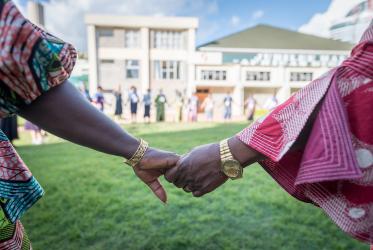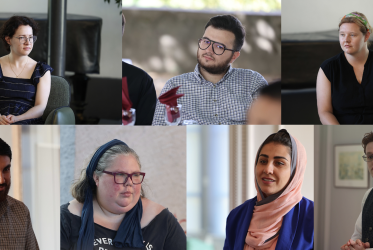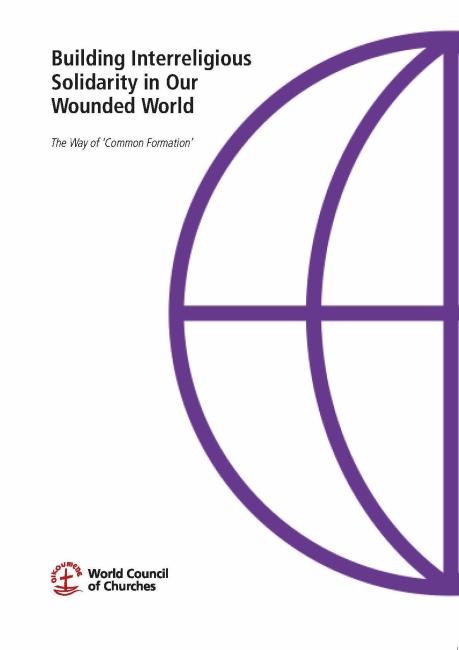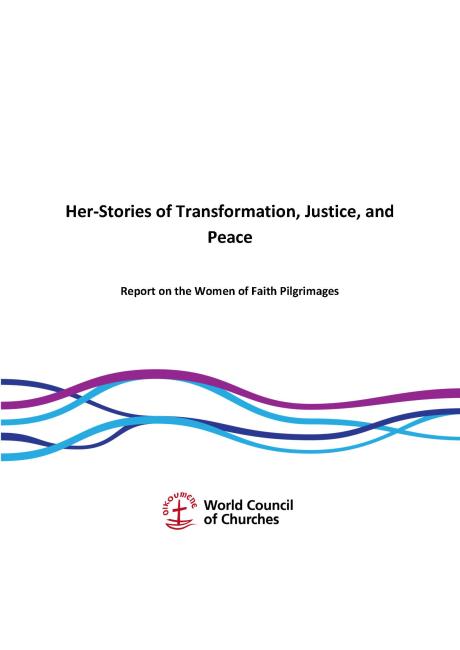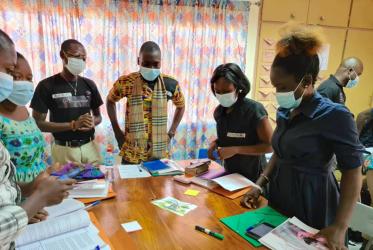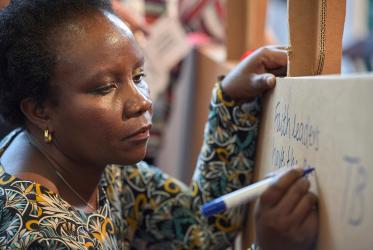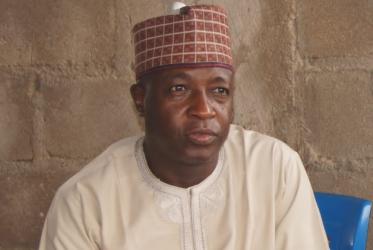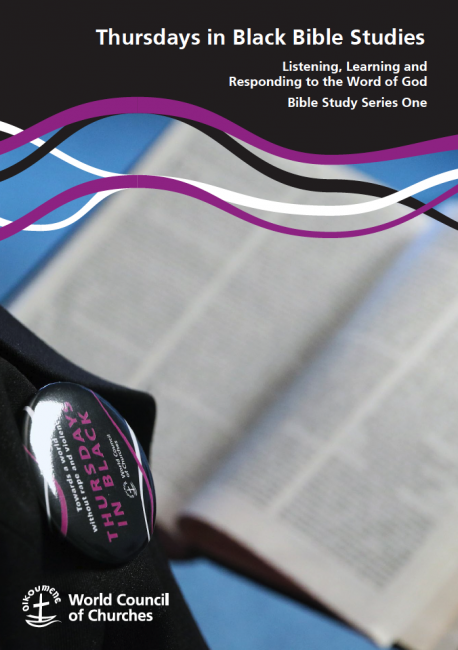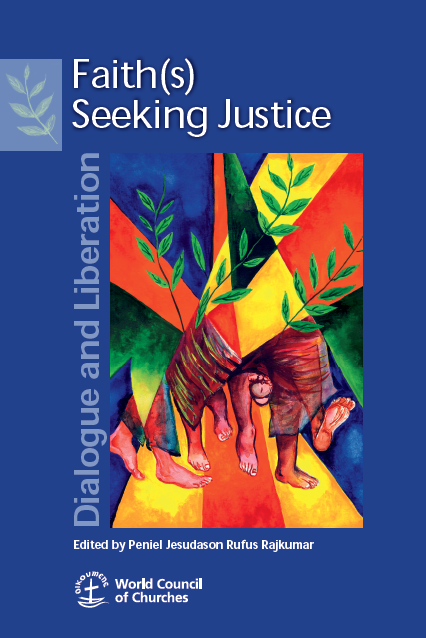Displaying 1 - 20 of 28
WCC webinar explores decolonizing beauty
11 December 2023
Celebratory event discusses Black leaders’ contributions to WCC
06 September 2023
Her-Stories of Transformation, Justice, and Peace PJP Series
Report on the Women of Faith Pilgrimages
11 July 2022
Thursdays in Black Bible Studies Series 1
Listening, Learning and Responding to the Word of God
21 October 2021



